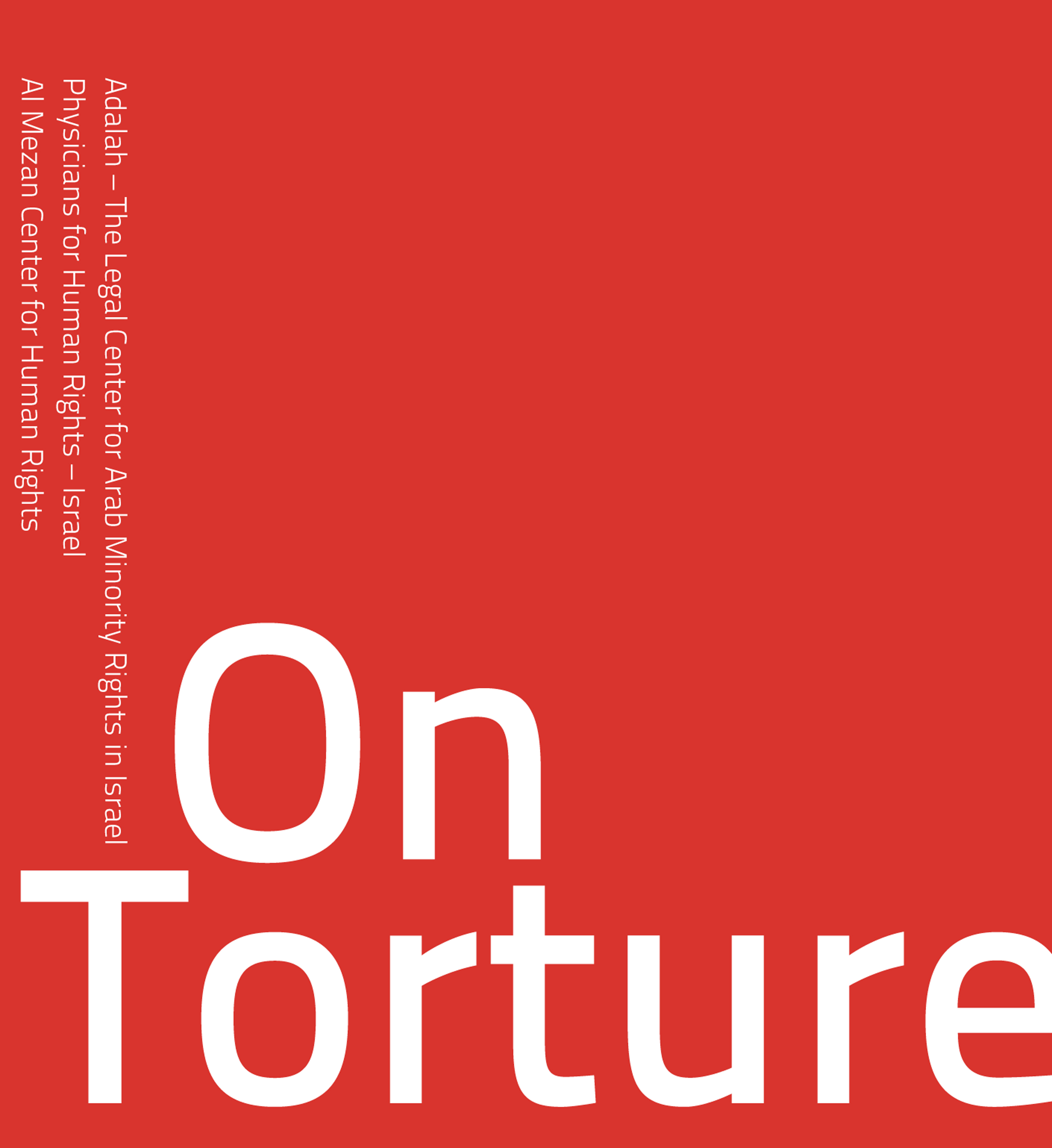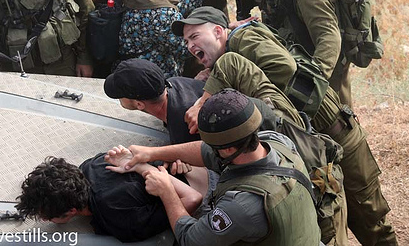UN Human Rights Committee Questions Israel on Torture

On 31 August 2012, the UN Human Rights Committee (HRC) posed a list of 26 questions (“the List of Issues Prior to Reporting,” LOIPR) regarding Israel’s compliance with the International Covenant on Civil and Political Rights (ICCPR), which Israel ratified in 1991. Of the 26 questions, 9 directly regarded issues raised by an NGO coalition in a briefing paper on to the HRC submitted in June 2012.
The Public Committee Against Torture in Israel (PCATI), Adalah, Al Mezan Centre for Human Rights, and Physicians for Human Rights-Israel (PHR-I) submitted the briefing paper, on Israel’s lack of compliance with the ICCPR regarding torture and ill-treatment of Palestinian prisoners and of the broader Palestinian population in the Occupied Palestinian Territory (OPT).
The HRC’s List of Issues highlighted a wide range of concerns and also raised questions concerning its last Concluding Observations on Israel in July 2010. The Committee asked, among others questions, raised in the LOIPR:
“4. With reference to the Committee’s previous concluding observations (para. 5), please provide updated information on… [implementation of] the Covenant in Israel, as well as in the Occupied Palestinian Territory, including East Jerusalem and in the Occupied Syrian Golan.
“12. …How does the State party refrain from using administrative detention and ensure that administrative detainees are afforded, in practice, all the fundamental safeguards, including the rights to have prompt access to a lawyer, to have an independent medical examination, to notify relatives and to receive visitors[?]
“14. …please indicate whether the State party has launched credible and independent investigations into all allegations of excessive use of force by the Israeli forces, in particular the Israel Defense Forces (IDF)… in particular on investigations related to “Operation Cast Lead”…
“15. Please provide information on legislative measures envisaged or taken to incorporate the crime of torture in the legislation… and to remove any justification of torture, including the notion of “necessity” (follow-up analysis on paragraph 11, CCPR/C/105/2).
“16. …please provide more detailed information on the Draft Bill on Criminal Procedure Law that would exempt security services from recording interrogations in cases involving security offences.
“17. …indicate any measures taken to ensure that civilians are not tried before military courts and provide information on cases of ill-treatment of detainees and arbitrary detention...
“19. Please provide any new legal safeguards and remedies available to suspects, detainees or victims of terrorism and whether and when the State party envisages repealing The Detention of Unlawful Combatants Law as amended in 2008.
“25. Please provide information on measures taken by the State party to reinstate the family visit programme supported by the International Committee of the Red Cross, for prisoners from the Gaza Strip.
“26. In light of the previous Committee’s concluding observations (para. 22) and its follow-up analysis (CCPR/C/105/2), please provide information on measures taken by the State party…. to ensure that children are not tried as adults in the Juvenile Military Court…”
The HRC also questioned Israel on its “measures to lift the military blockade on the Gaza Strip…” especially in regards to “access to medical care and sufficient drinking water and adequate sanitation” (13).
PCATI, Adalah, Al Mezan, and PHR-I call on Israel to provide a detailed written response to the questions posed by HRC and to fully comply with its international human rights legal obligations.
Read More:
Press Release - UNHRC Asks Key Questions about Palestinian Citizens of Israel
Read more:
-
prisoners, United Nations, Administrative detention, Torture and cruel‚ inhumane‚ and degrading treatment, International law, Occupied Palestinian Territories, Health, Children, Jerusalem, UNHRC, ICCPR, interrogations, Hunger strikes, family visits, Operation Cast Lead, torture, military courts, Detention of Unlawful Combatants Law, Blockade on Gaza
















